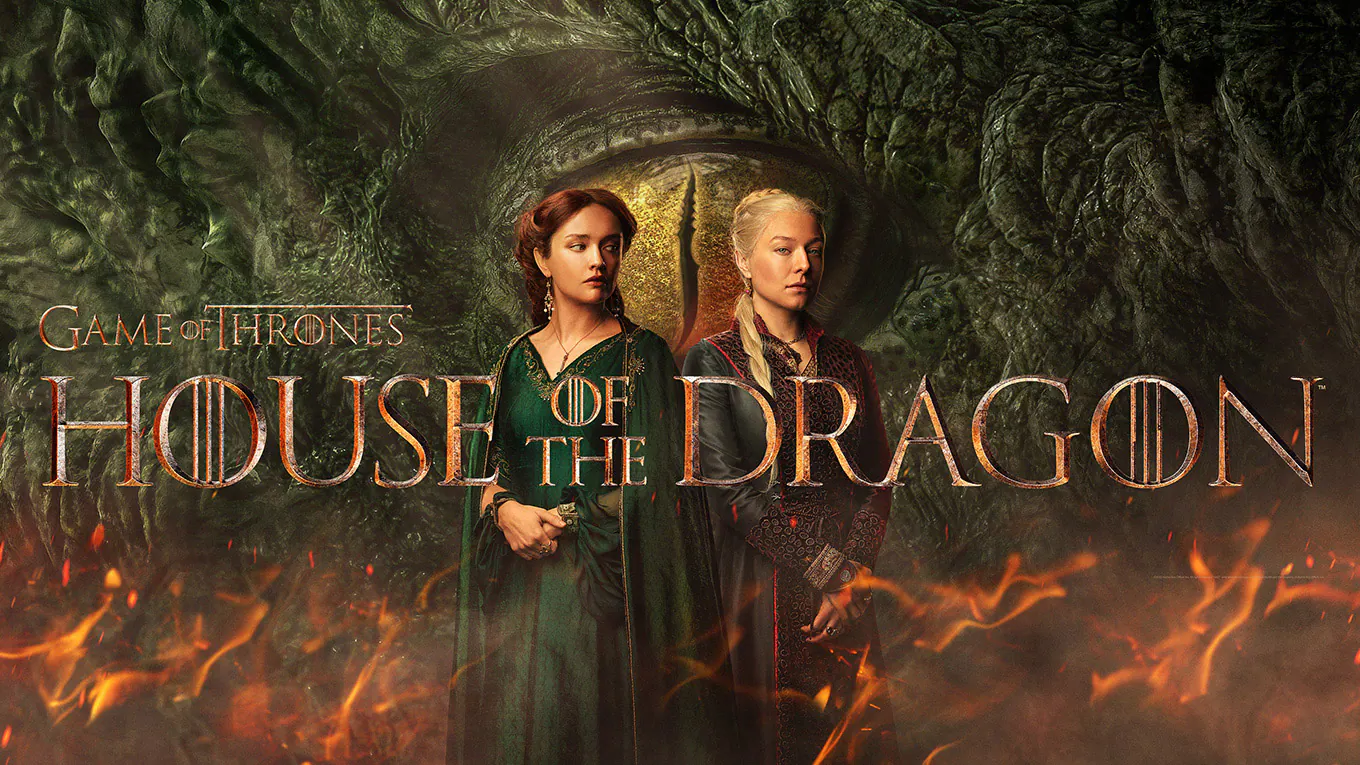Stepping into the world of Game of Thrones means accepting that your character may not be adored by fans, especially if they fall into the realm of the story’s “villains” crafted by the ingenious mind of George R.R. Martin.
However, Olivia Cooke, who portrays Alicent Hightower in the HBO Max series The House of the Dragon, couldn’t be happier with the reception her character has received.
During her appearance on the Collider podcast, the talented actress candidly discussed her experiences since the premiere of the Game of Thrones prequel. “If you don’t like my character, it’s normal. I don’t want to play characters that everyone likes,” Cooke acknowledged with enthusiasm.
The Beauty of Emotional Reactions
Cooke recognizes the diverse emotional responses her character elicits in viewers. She shared an encounter she had at a pub, where a woman approached her and remarked, “You’re the girl from House of Dragons, so you know your character is a bitch.”
Cooke’s response? “Oh, okay, thanks. Have a good night.” She has learned to develop a “rhino skin” to shield herself from personal impacts of the hate, understanding that Alicent is far from being a hero.
“I’m generating excitement in various ways with my character. But I’m learning not to let this hate affect me on a personal level,” Cooke revealed. “I know Alicent is a person with many flaws and complexities, and I went into this role fully aware of that.”
Distinguishing Character and Actor
While it’s expected for characters like Alicent Hightower, along with many others from Game of Thrones and The House of the Dragon, to evoke intense dislike due to their behavior, it’s crucial for fans to differentiate between the character and the actor portraying them.
Olivia Cooke’s positive outlook serves as a stark contrast to the experiences of Jack Gleeson, who portrayed Joffrey Baratheon in the original series. Gleeson faced significant backlash for his character’s actions, which led him to step away from acting altogether.
As The House of the Dragon unfolds, it is hoped that audiences have matured and can separate their reactions to fictional characters from the individuals behind those performances.
The ability to appreciate the complexity of a character, while still maintaining respect for the actor’s craft, is key to fostering a healthy environment for all involved in bringing these stories to life.


















































Discussion about this post